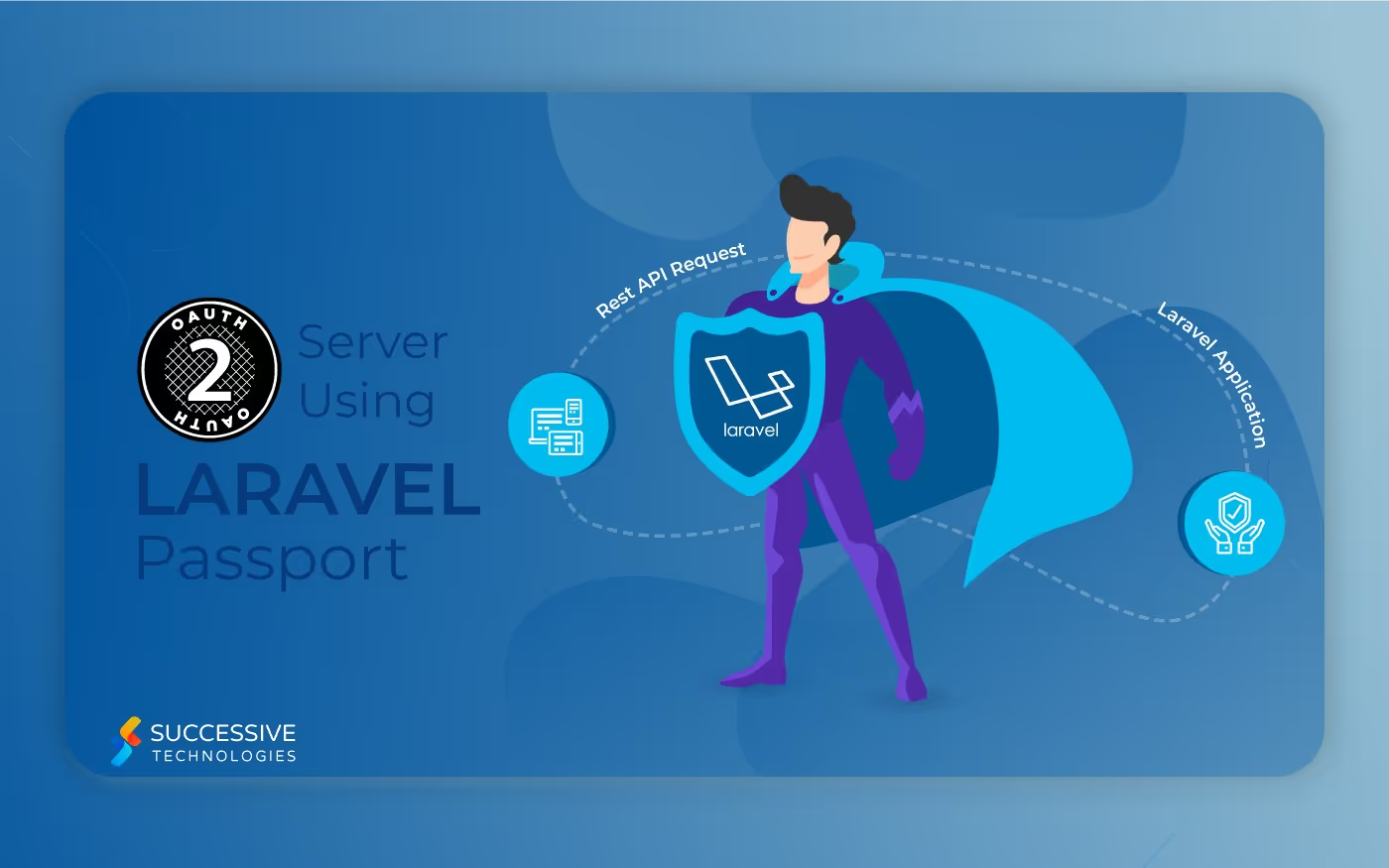Enterprise application development is quite different from the development of customer-facing applications. Enterprise applications are built to handle complex activities such as managing critical business processes, tracking performance, and storing sensitive information. These applications are often large and cumbersome, with many interconnected features and modules. As a result, the development process for enterprise applications is more complicated than that for other types of applications. Optimizing these applications can also be a challenge. At the same time, as technology evolves and markets change, enterprise applications also need to be constantly adapted and updated. Failing to do so will leave them at risk of becoming outdated or not performing well enough to meet critical business requirements. This is why it's important to build these using tools and technologies that are well suited for enterprise application development. One of the best technologies for this purpose is Node.js. Node.js allows enterprises to create applications that are fast, scalable, and secure — enabling them to reliably achieve their business objectives and gain a competitive advantage. In this article, we'll explore some of the reasons why Node.js is perfect for enterprise development. First, let's learn a bit more about this technology.
What is Node.js?
Released in 2009, Node.js is an extremely powerful and lightweight platform for web application development. It’s an open-source cross-platform JavaScript runtime environment that runs code beyond the browser. It uses an event-driven, non-blocking I/O model that makes it suitable for developing data-intensive applications. Node.js allows developers to use a single language for both front-end and back-end development, reducing the time to market. Because of its innovative approach to server-side JavaScript development, it has quickly become one of the most popular development platforms in the world. It has a large community of developers who are constantly contributing to its codebase. The Node Package Manager (NPM) makes it easy for developers to install, share, and reuse packages (or modules) of JavaScript code. Node.js offers a number of advantages for enterprises, including faster development time, high performance, scalability, and adaptability. For these reasons, it has been adopted by many famous brands including LinkedIn, Uber, Microsoft, NASA, Netflix, and Walmart.
Why Is Node.js Good for Enterprise Development?
Here are some of the reasons why Node.js is the right choice for enterprise development.

1. Node.js enables quick development
With an easy learning curve, Node.js can easily be learned by Java and .NET developers. Since it is based on JavaScript, it makes it easy to manage both the frontend and backend of the application without setting up separate teams for each. No additional skills are required for web developers to build desktop apps. They can reuse code and tools across platforms like Windows, Linux, and macOS. They can also easily access developer tools for browsers such as Google Chrome Developer Tools for easier debugging. Faster development and a shorter time to market translate into higher revenue for enterprises. Read Top 3 Enterprise Developer Trends for 2021 and Beyond
2. It helps build highly performant apps
As it is built on Google Chrome’s V8 JavaScript Engine, Node.js supports high-speed code execution. This means that by using Node.js for enterprise development, developers can build highly performant applications that experience large volumes of traffic. Because it is asynchronous, a lot of callbacks can be managed simultaneously with fewer resources and memory consumed. Better performance and lower resource use mean that enterprises can save on their infrastructure costs.
3. Node.js allows you to scale easily

Scalability is critical for enterprise apps because enterprises need to be able to respond quickly to fluctuations in the market. Node.js applications are able to handle large volumes of requests without slowing down or becoming unstable. This makes it a great choice for complex enterprise applications that need to be able to scale up easily.Node.js uses a single-threaded model. It uses event lockup and callbacks to allow non-blocking I/O operations. Simply put, this means that the application doesn't have to wait for a request to be processed before moving on to the next one. Instead, it creates multiple threads in the background and delivers the output whenever the data becomes available. In this way, it can manage a large number of connection requests simultaneously. Further, reusable RESTful APIs allow a lot of data to be handled easily.
4. It can be used to build modular applications
Node.js allows application developers to build microservice-based web apps. Microservices are small, independent, and modular services that can be deployed and managed easily. Using Node.js for enterprise development gives businesses the ability to adapt quickly to change. Developers can work on smaller units of the application which can later be assembled to create a highly reliable application. Not only does this help to speed up the development process and make it easier to manage errors, but it also makes it easier to switch or upgrade modules without impacting the entire system.Read An Overview of Microservices
5. Node.js has an extensive module ecosystem
Through its package manager, NPM, Node.js offers a lot of third-party tools, modules, and libraries. This eliminates the need for developers to write many common features, lowering the time and cost associated with development. Many of these modules are open-source and updated regularly by the developer community. NPM is integrated with other popular development tools, making it easier for developers to work with Node.js. There’s also an enterprise version of NPM which provides enhanced security and privacy for enterprise users.
6. Node.js reduces the cost of ownership

A lot of open-source tools and libraries are available for Node.js along with the support offered by the community of JavaScript developers. This significantly reduces the learning curve for developers, as well as the time to market and overall costs associated with application development.Node.js uses JavaScript on both client-side and server-side development, eliminating the need for different languages and skillsets. This can significantly reduce the overall cost of ownership of an application.
7. It’s a future-proof technology
The internet runs on Javascript. JavaScript has been around for a long time and has gone through several iterations. It’s a proven technology that can stand the test of time. Node.js is based on the latest JavaScript technologies and uses an event-driven, non-blocking model. This makes it well suited for the future of web development. Its large and vibrant community also means that enterprises don’t have to worry about finding the resources to solve challenges that could come up in the future.Node.js is also well-positioned to keep up with evolving technology trends such as Big Data, the Internet of Things (IoT), and artificial intelligence (AI), making it a great choice for enterprises that want to develop future-proof applications.Read Benefits of Creating Microservices Apps in an Advanced Production Environment
Node.js is the obvious choice for enterprise development
Using Node.js for enterprise development offers several advantages. Node.js is a powerful platform that — fast, scalable, and adaptable, thanks to its microservices architecture. It allows developers to build modular and flexible applications with a minimal learning curve. It also offers great support for third-party modules and tools, making it easier to build complex applications without having to write everything from scratch.If your enterprise is looking to develop high-performance apps quickly and efficiently, Node.js should be your go-to platform.For help with your Node.js application development or consultancy, reach out to NodeXperts. NodeXperts is a team of over 300 passionate professionals that specializes in web and mobile app creation, product engineering, and cloud service delivery.
.avif)










.jpg)









